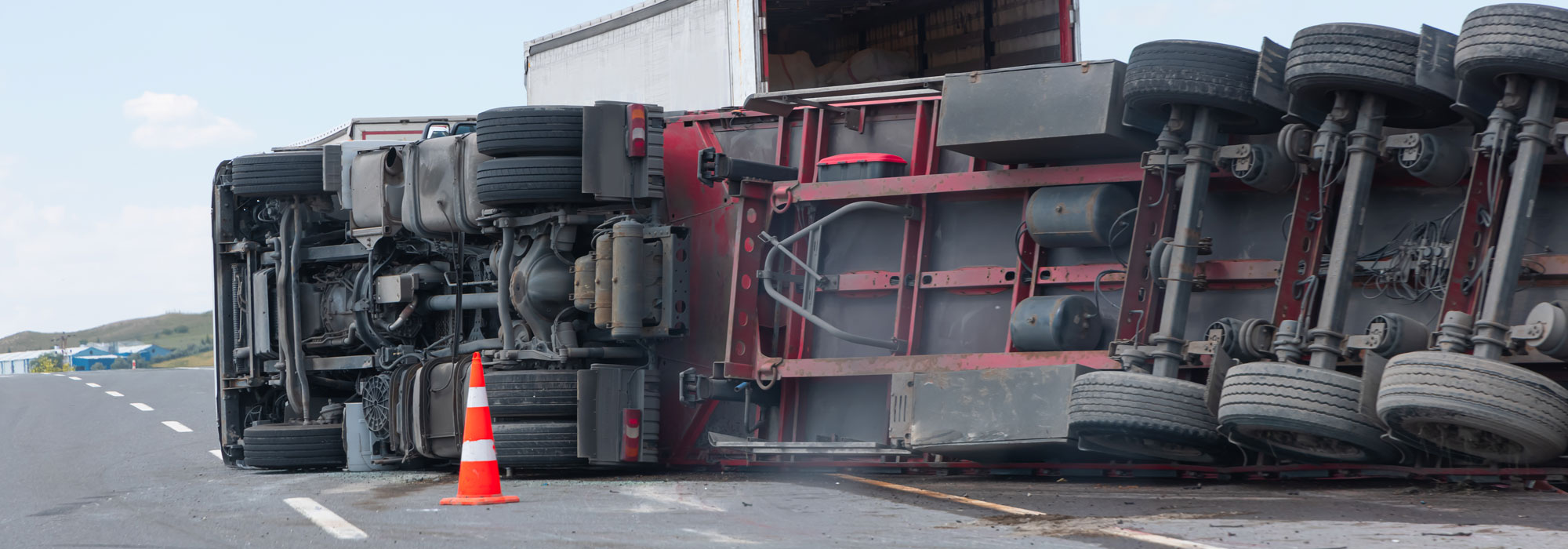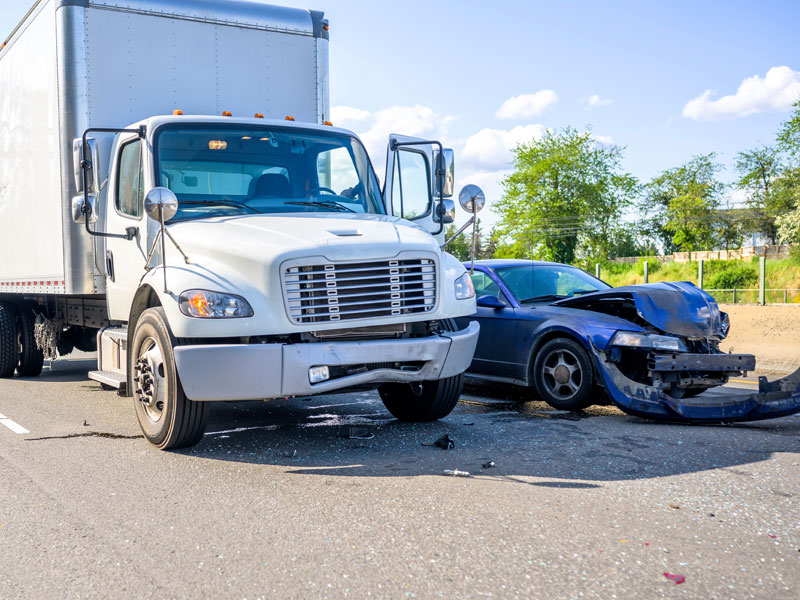We responded to a major crash in downtown Chicago, where the Interstate highways intersect, where a semi-truck pulling a container rear-ended a semi-tractor (bobtailing) that was slowing down for a traffic jam up ahead. The semi slammed the tractor with three people in it, two of them were tragically killed and one injured. The insurance company’s defense was that the driver of the van was an independent driver of the company that owned the truck, and they had no responsibility financially for his negligence. They said “it was too bad” that he had caused such a terrible accident but they were not going to pay a dime.



